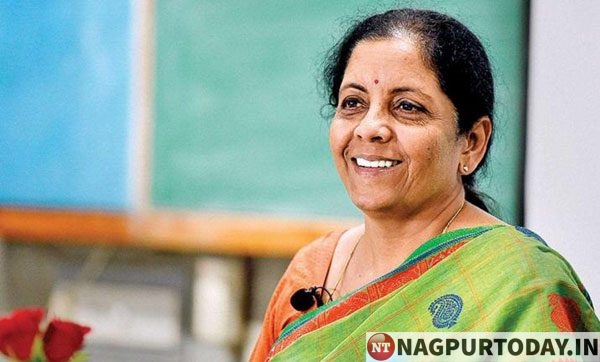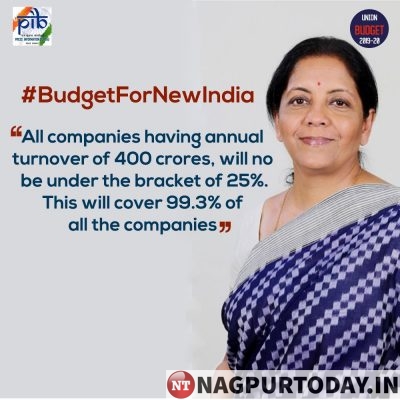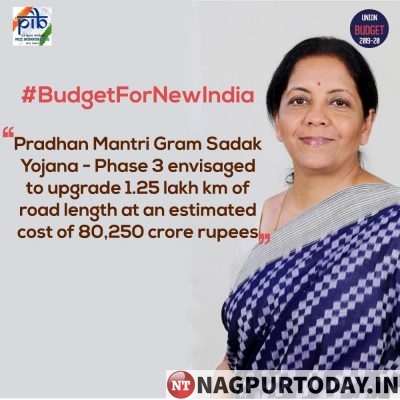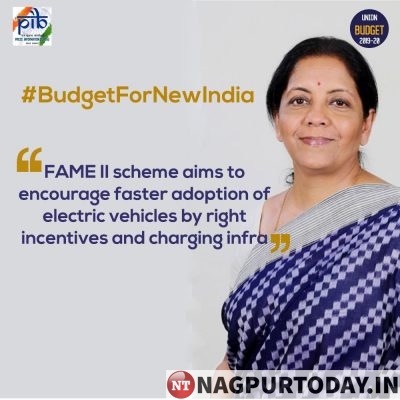Some points that make this budget unique!
Indian economy is now the sixth largest in the world, a jump from the its 11th position in 2014,
Nirmala Sitharaman presented the 87th Union Budget on Friday in the Parliament. She is the country’s first full-time Finance Minister, who was also the Defence Minister in her last term, being only the second woman after Indira Gandhi to hold the posts. After Sushma Swaraj’s exit from Lok Sabha, she becomes the senior most woman leader of Ruling party BJP.
Sitharaman joined the Bharatiya Janata Party (BJP) in 2004, though her husband’s family was completely pro-Congress. Prior to her joining the party, she was a member of the National Women Commission.
Given this backgroud, it is not surprising that women received special focus in her maiden budget.
The F.M. said that women entrepreneurs will also be eligible for an overdraft of ₹5000 and one woman in every SFG will be made eligible of a loan of upto 1 lakh under the MUDRA scheme. “This election has seen a record turnout of women voters, at par with men. We also have a record number of women MPs. This reinforces are approach of going beyond just women centric policies and instead having women at the helm of projects.” Sitharman said.
Gandhipedia: To propogate Gandhian values an encyclopedia, like Wikipedia, will be set up. (Has this been done to diffuse the impression that RSS, BJP are Godse followers?)
Taking on Google, Amazaon etc. Finance Minister Nirmala Sitharaman’s first foreign engagement after taking office was the two-day G-20 meeting of finance ministers in Fukuoka, Japan, in June. In her address she had noted the urgency to fix the issue of taxing profits made by digital economy companies.
She was referring to the global efforts that are underway to impose a unified tax policy on Internet giants such as Google, Facebook, Amazon and Netflix, which face criticism for cutting their corporate tax bills by booking profits in low-tax countries regardless of the location of the end customer. Google alone saved $3.7 billion in taxes in 2016 by shifting money between Ireland, the Netherlands, and Bermuda.
Rules will be framed to ensure they have to pay taxes in India.
India may be pushing Internet firms such as Facebook and Google to store data locally not just to safeguard critical data of its citizens but also to ensure due taxes are paid by these digital firms for services including advertisements sold to local clients.
Increase of tax on the super rich individuals of India.
– With the additional surcharge, individuals with income between Rs 2 to 5 crore will pay an effective tax rate of 39 percent
– individuals over Rs 5 crore will pay an effective peak tax rate of 42.7 percent
The peak rate is closer to or even higher than the peak tax rates in some countries such as the US



































